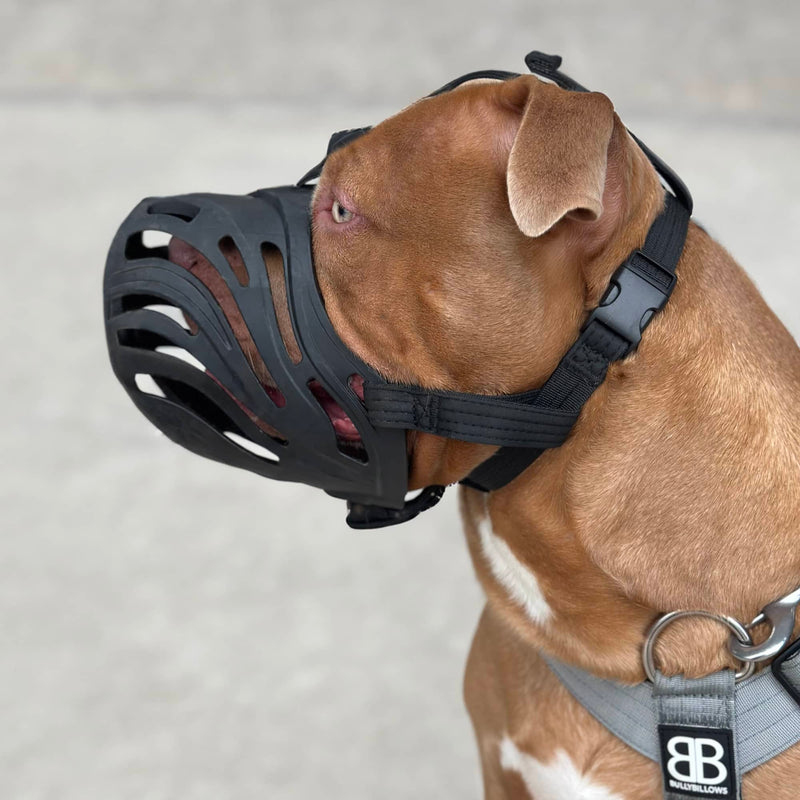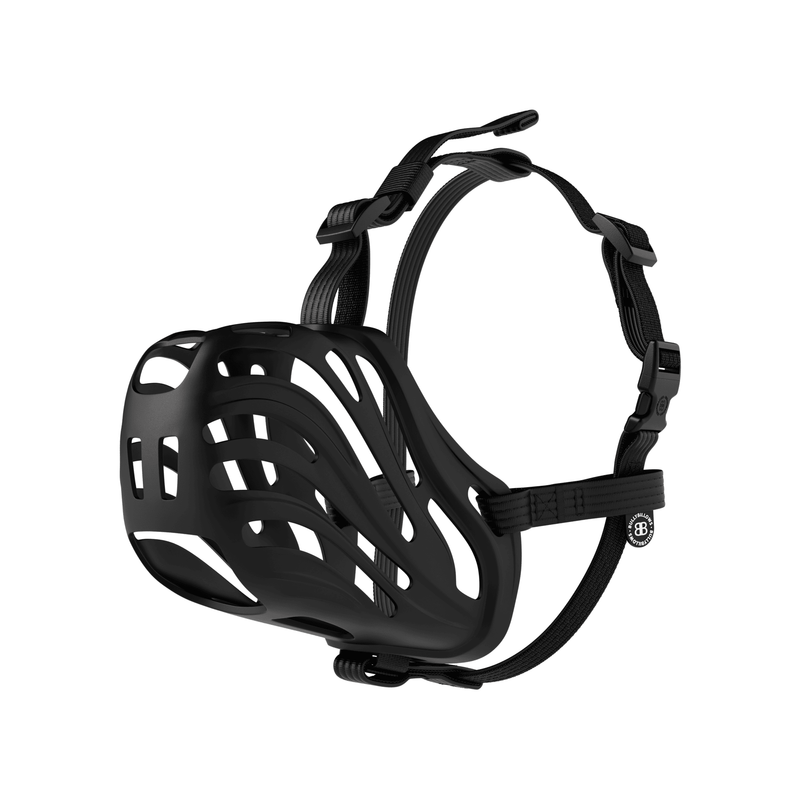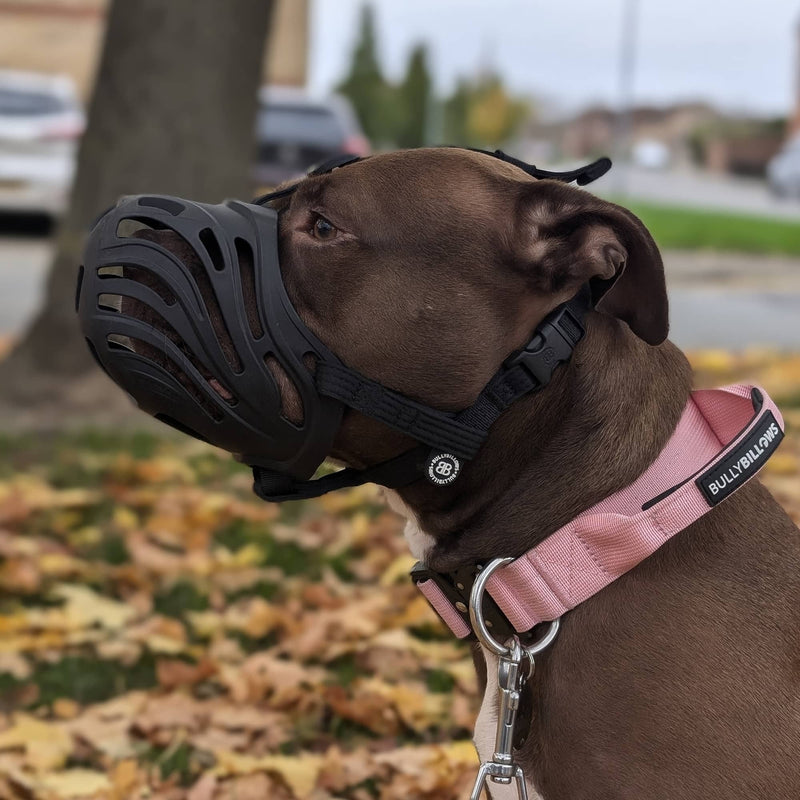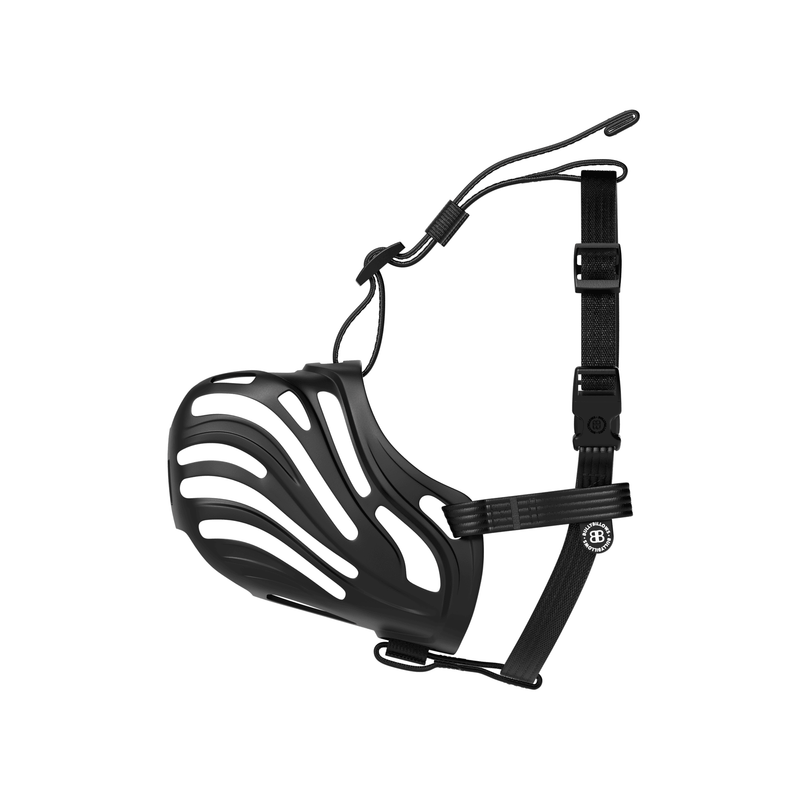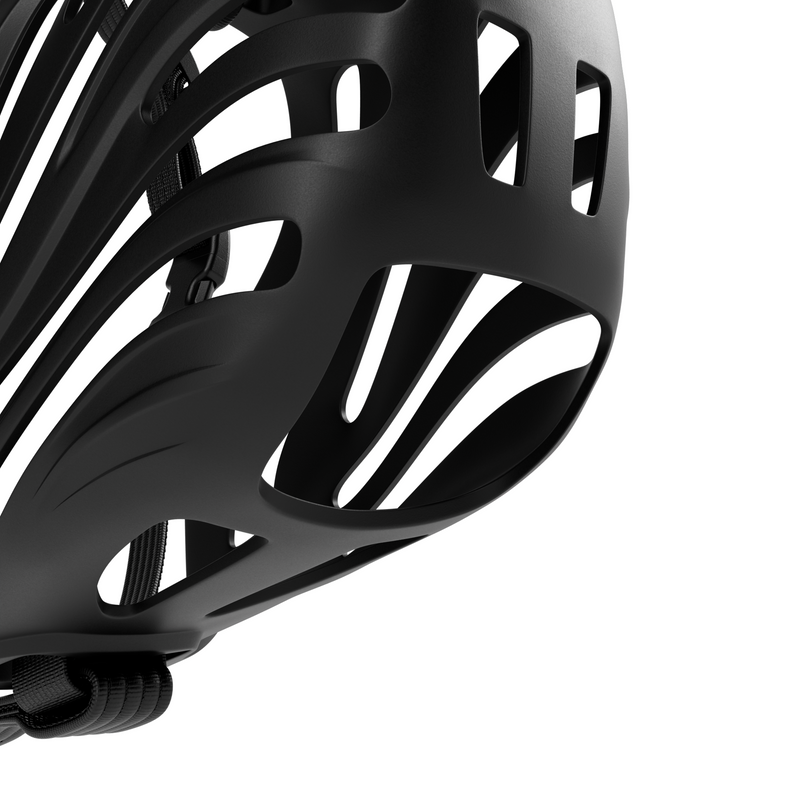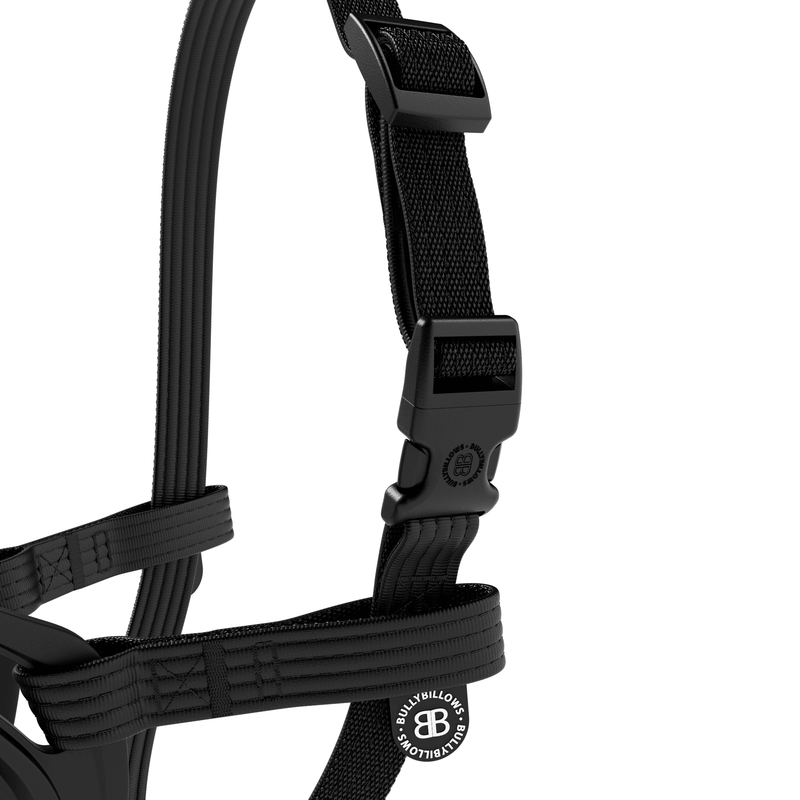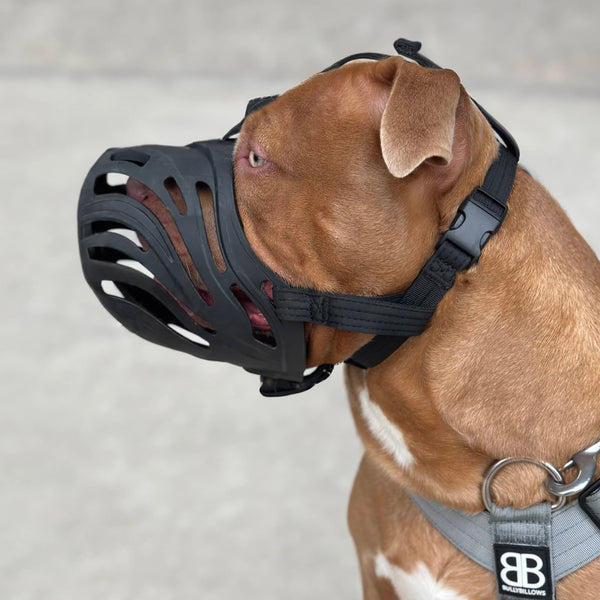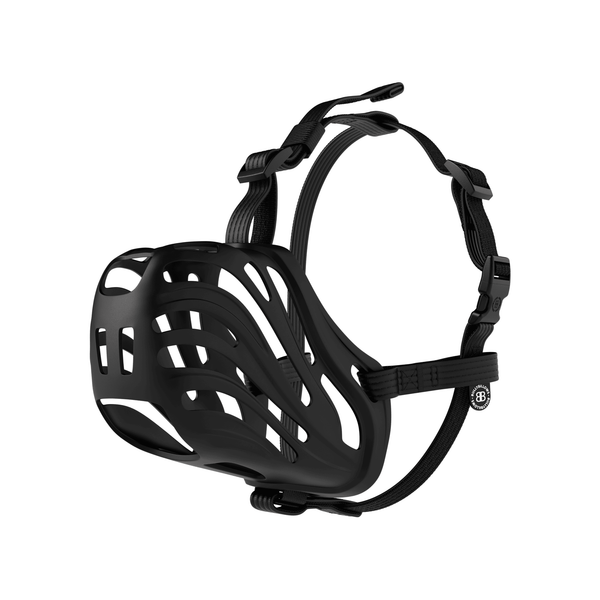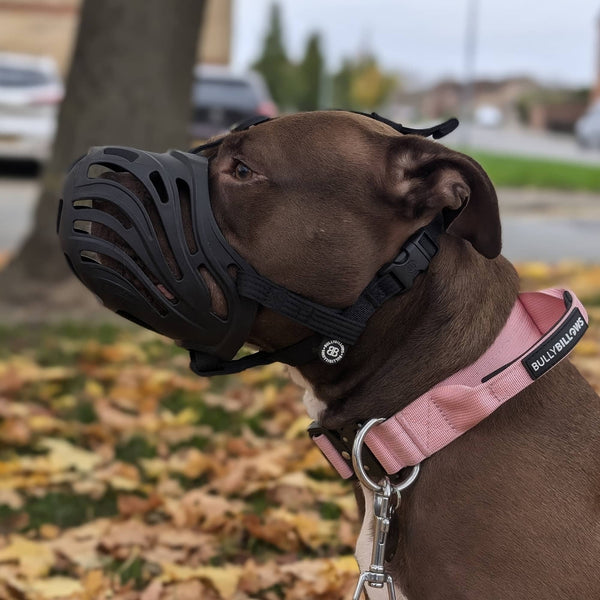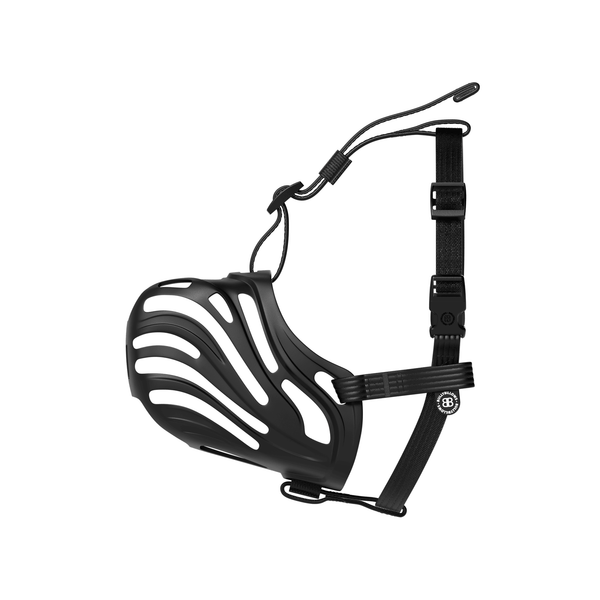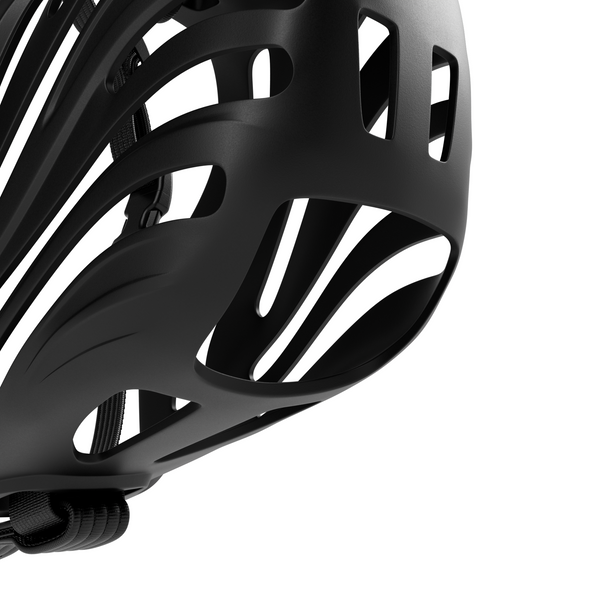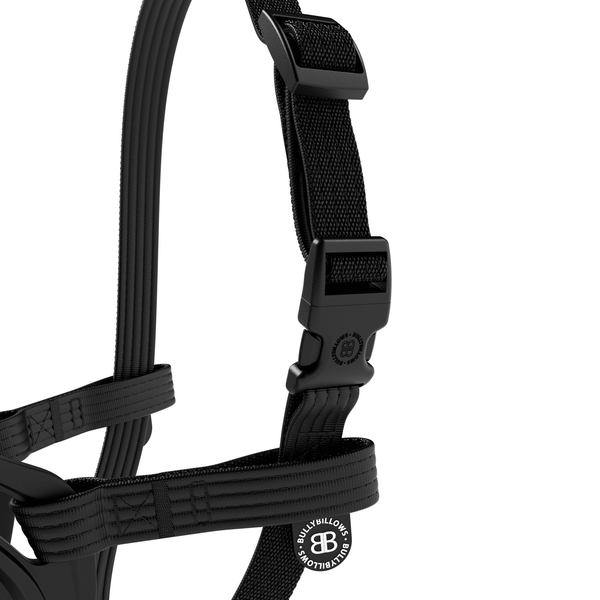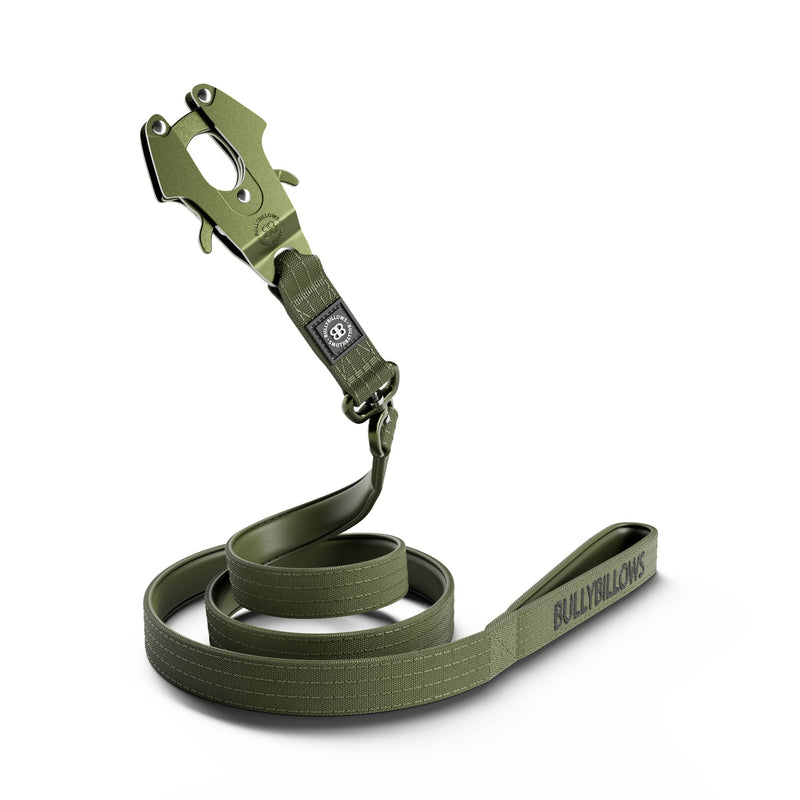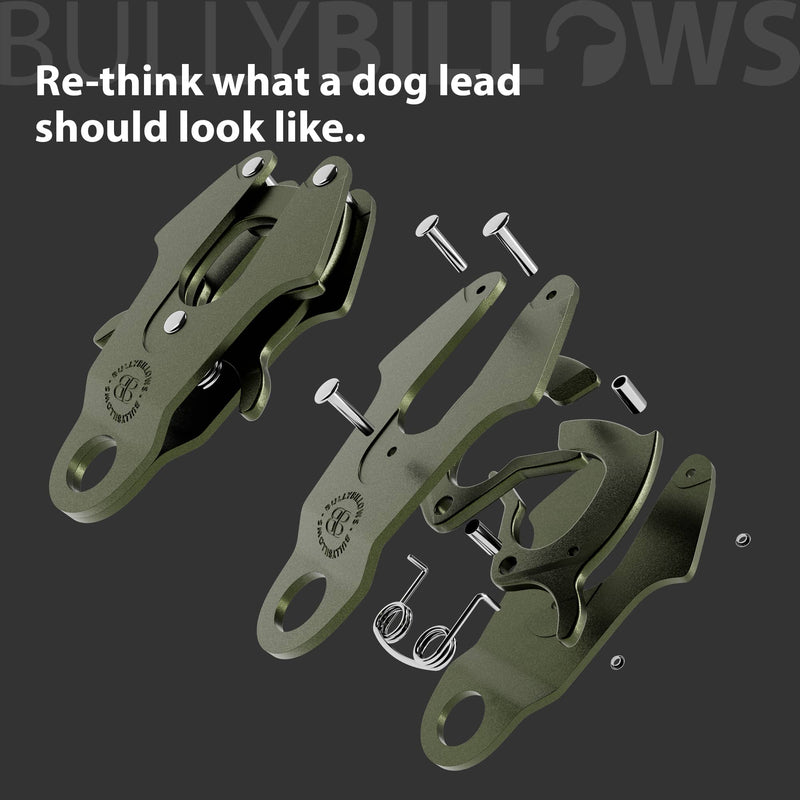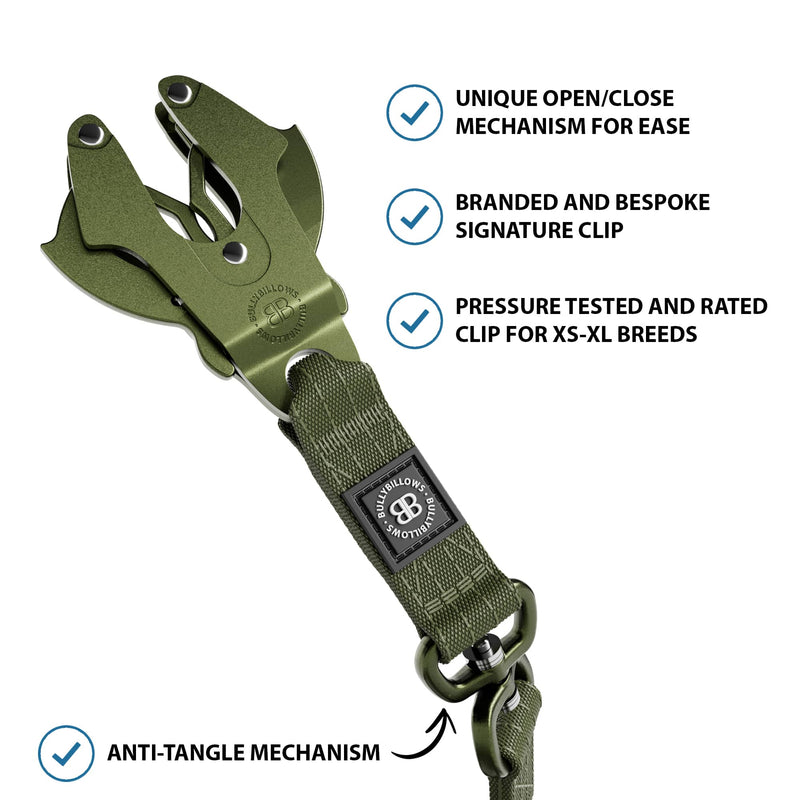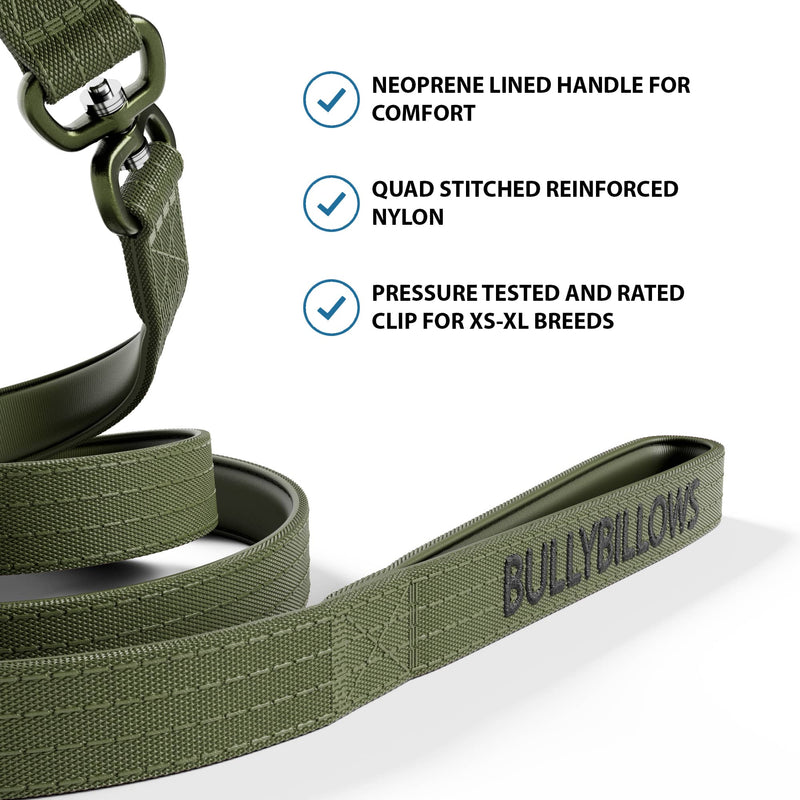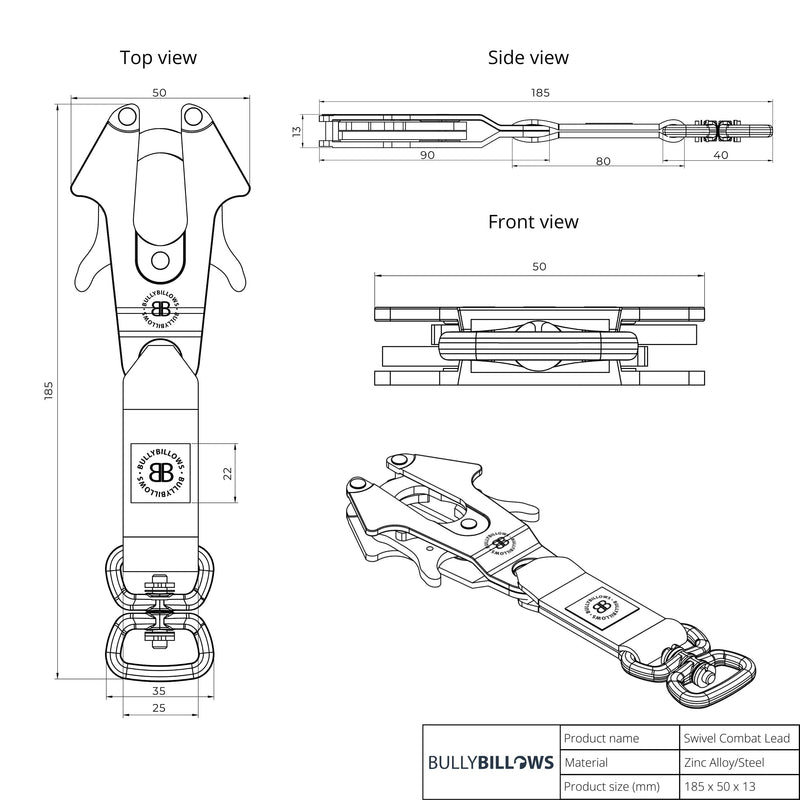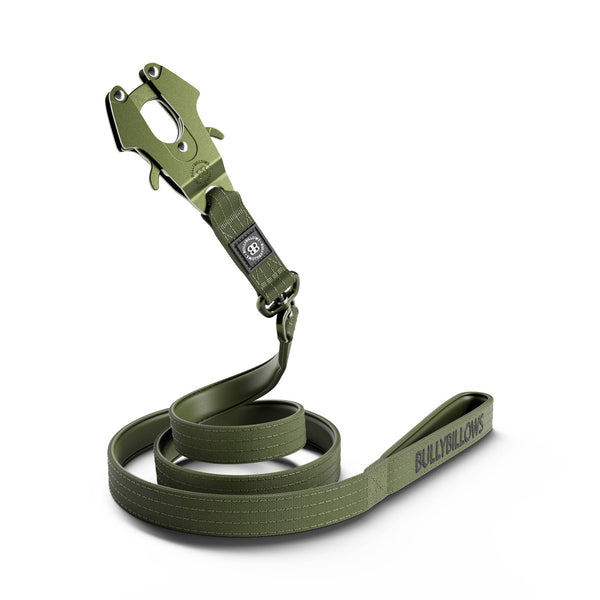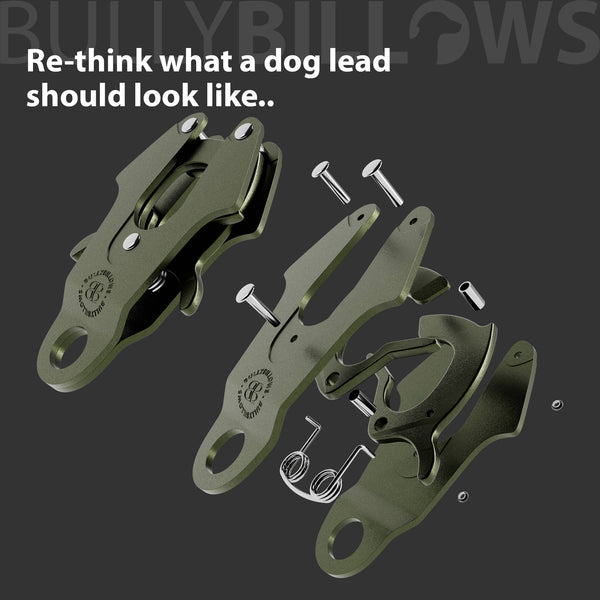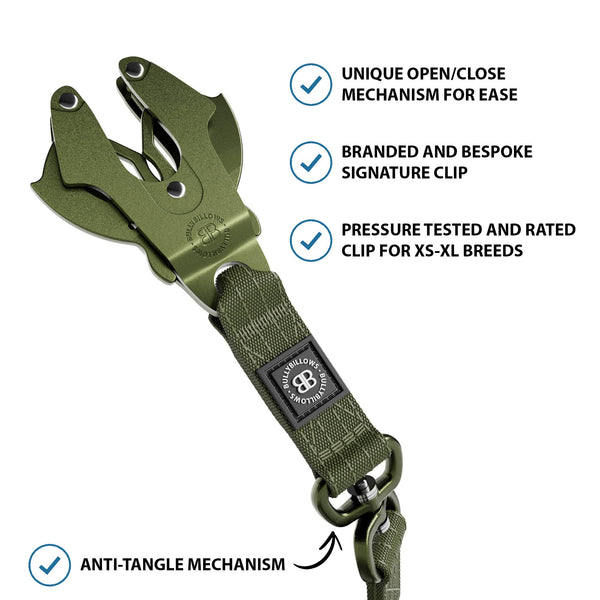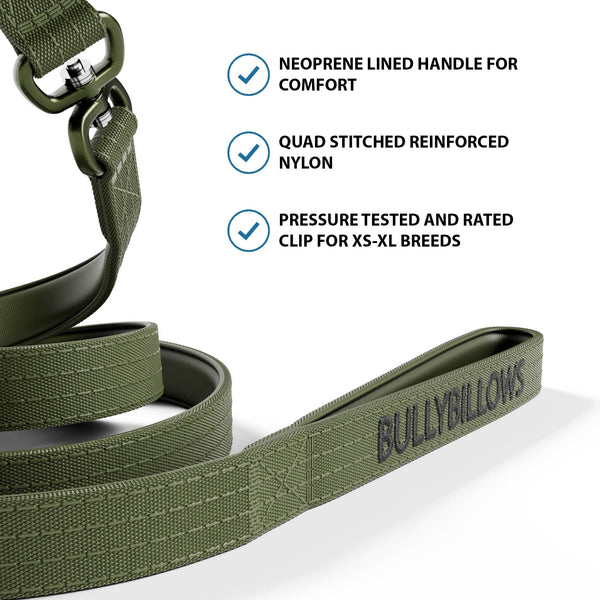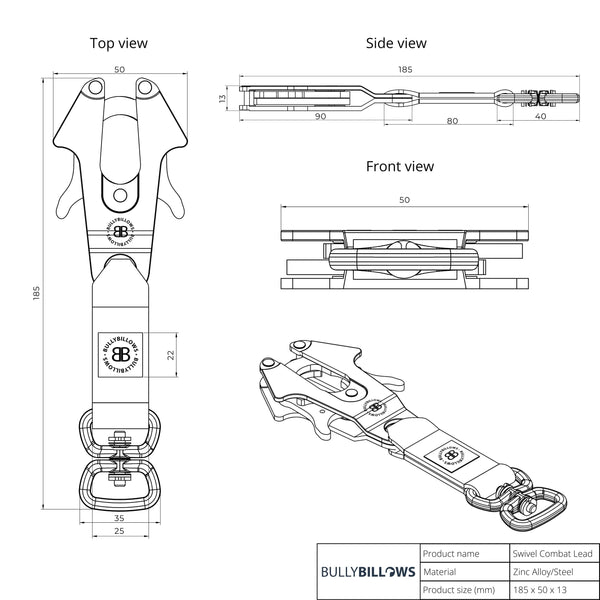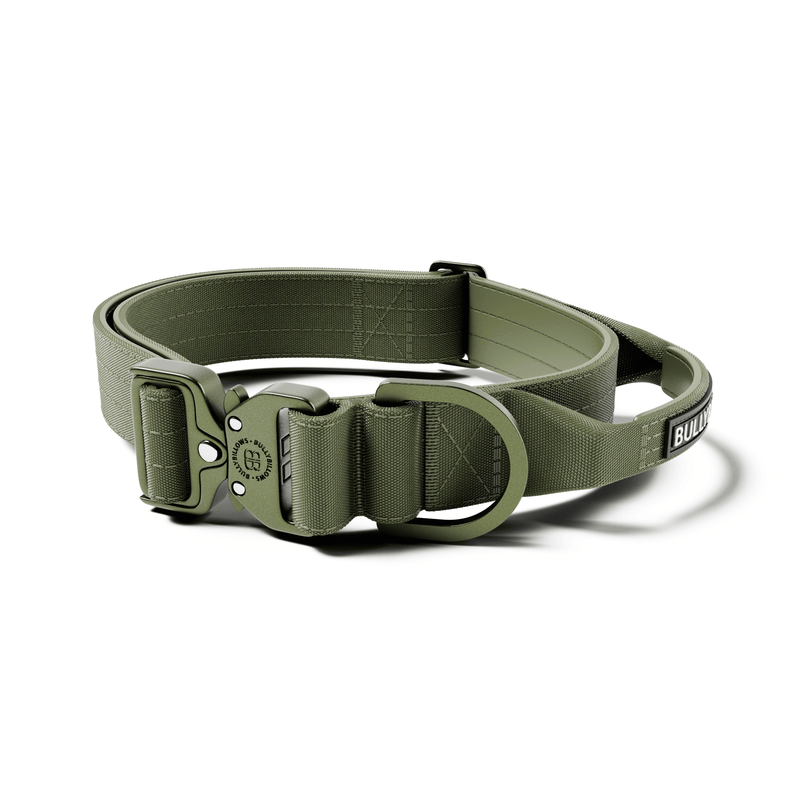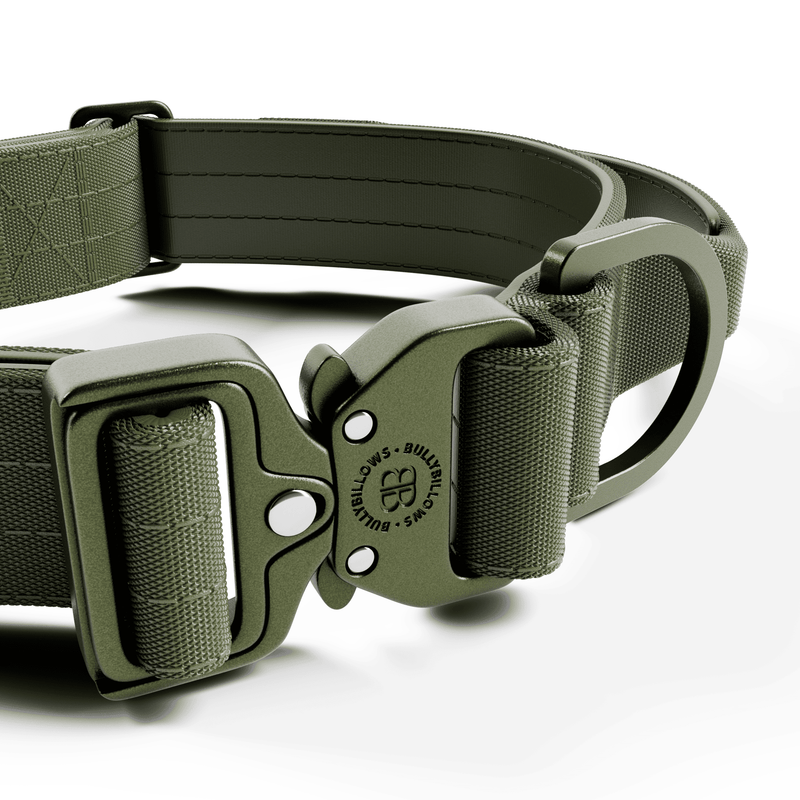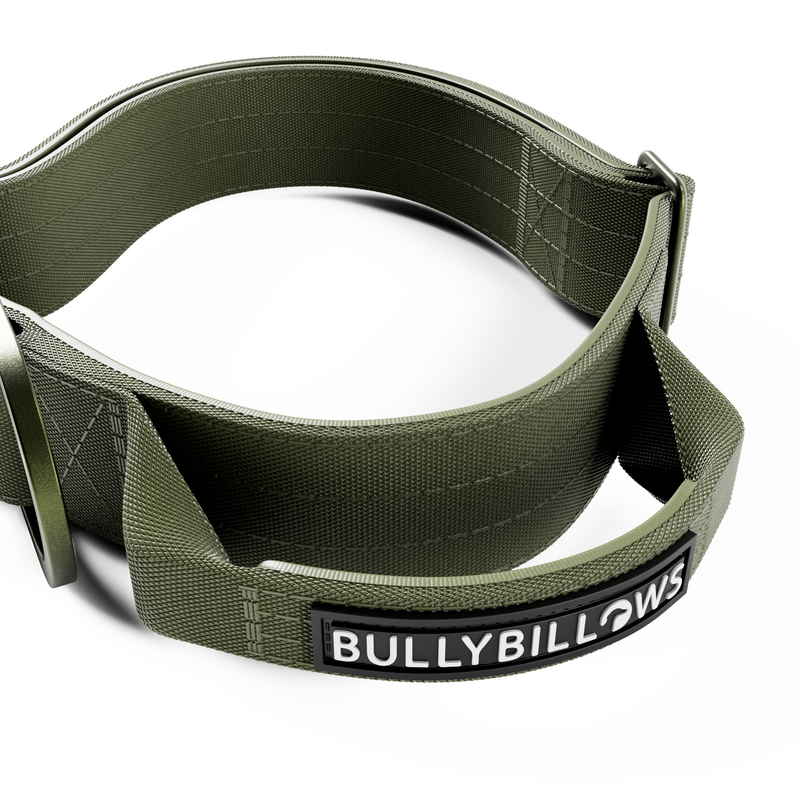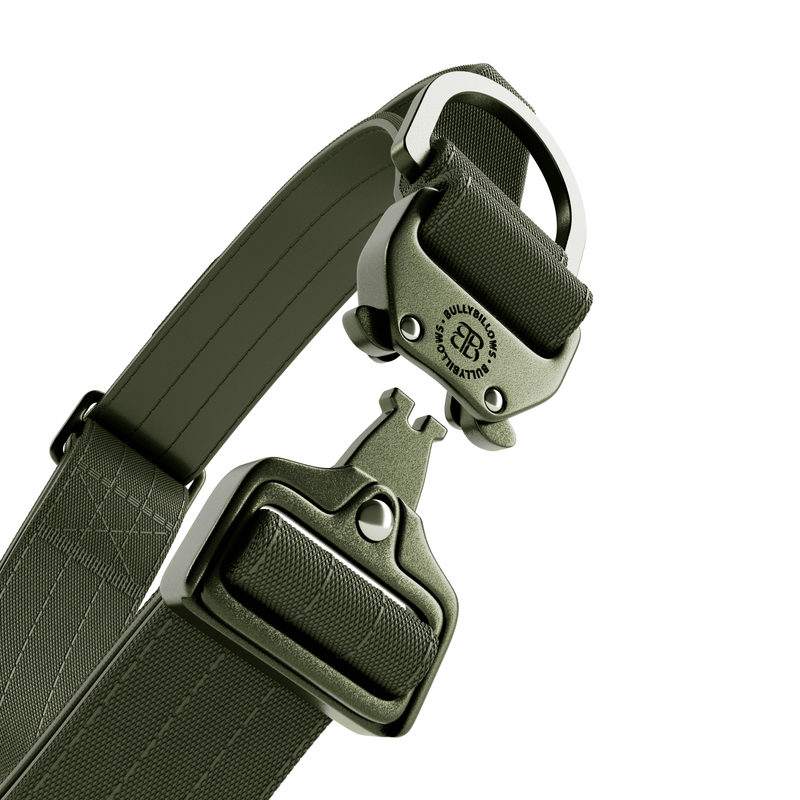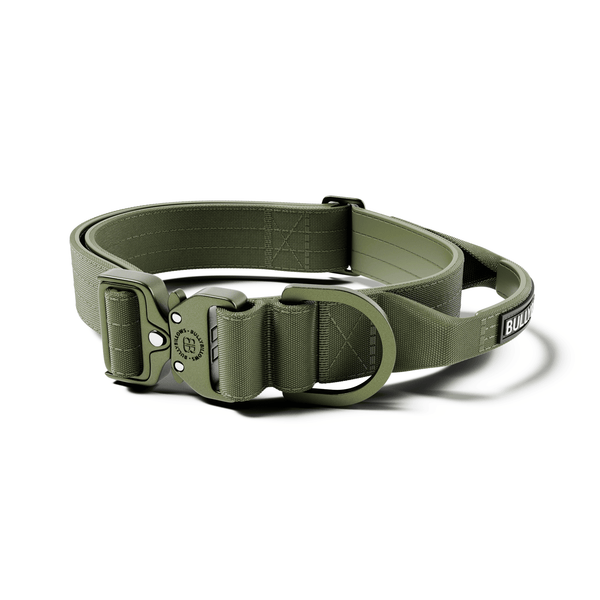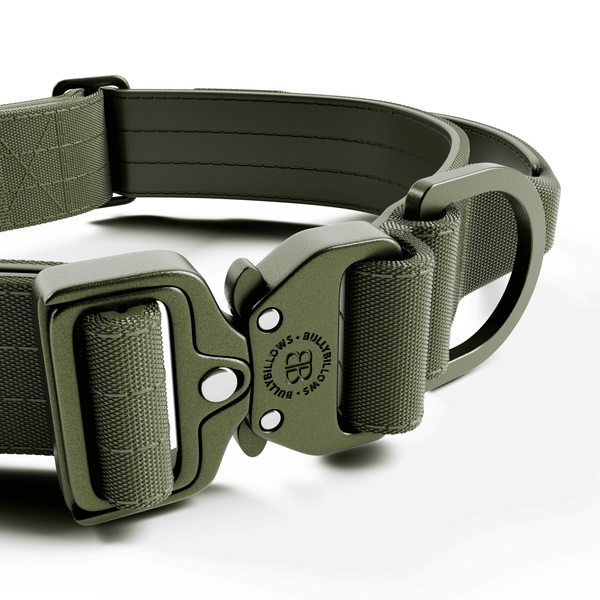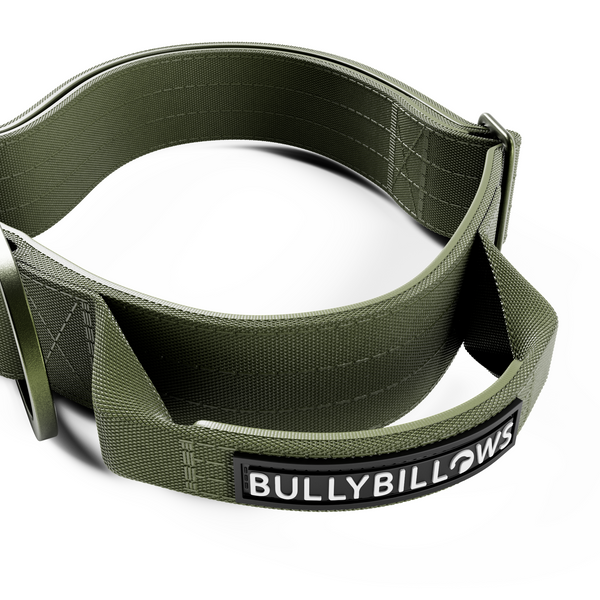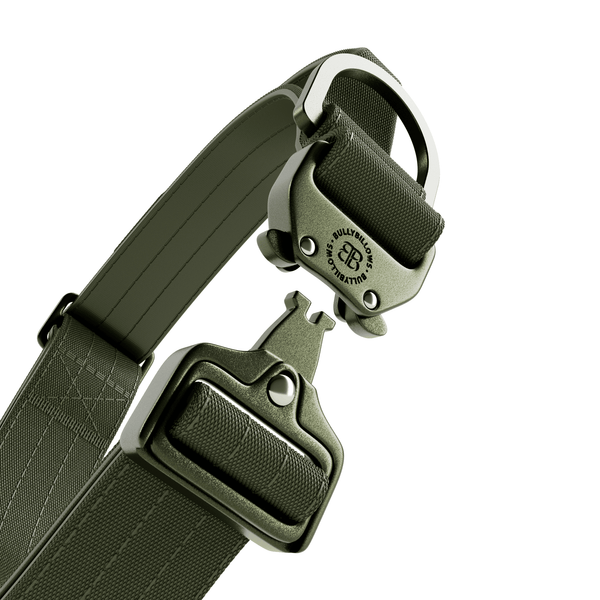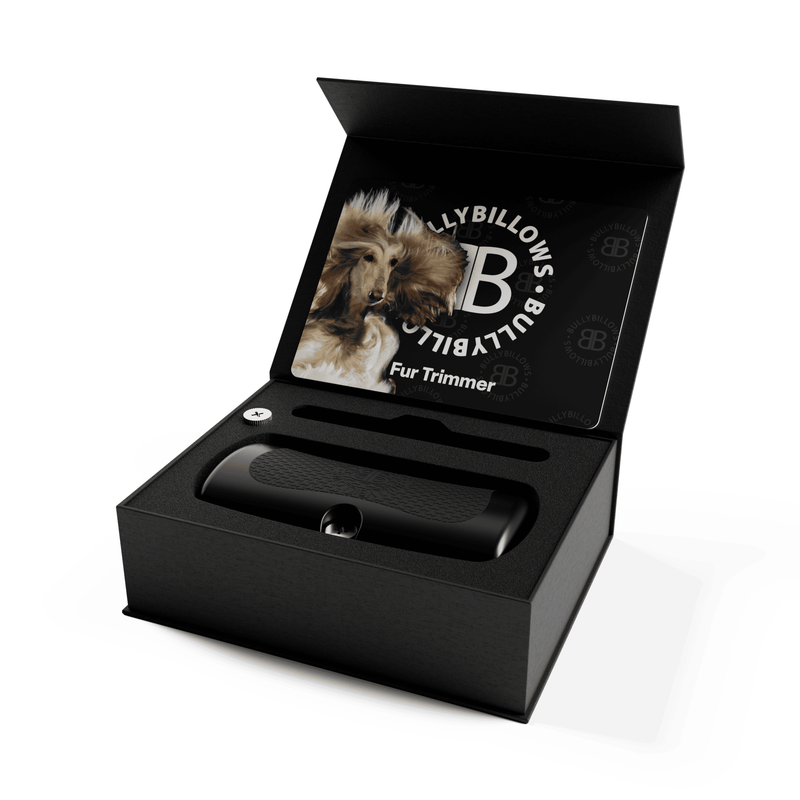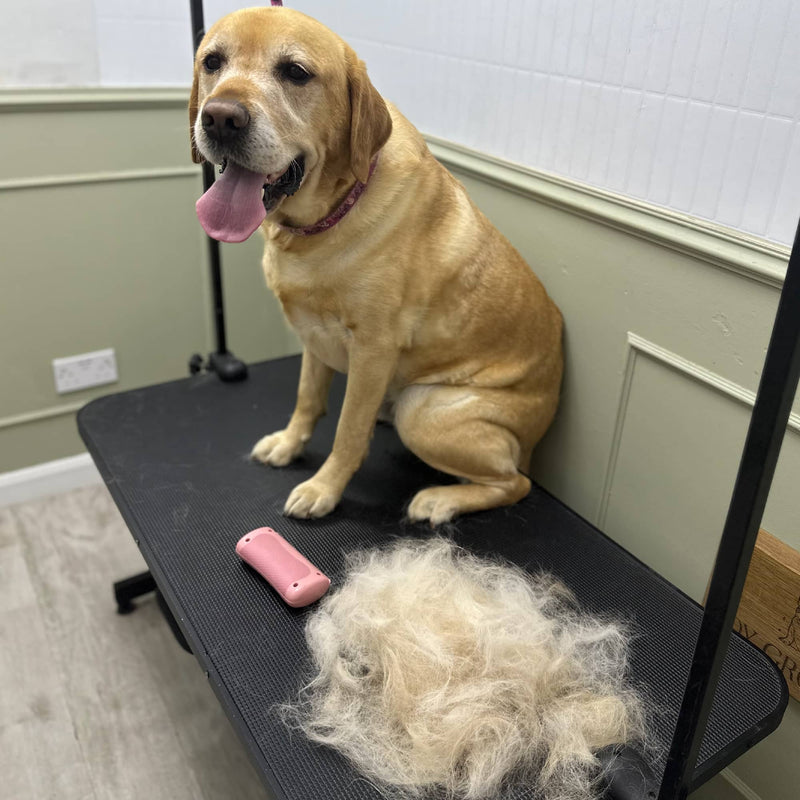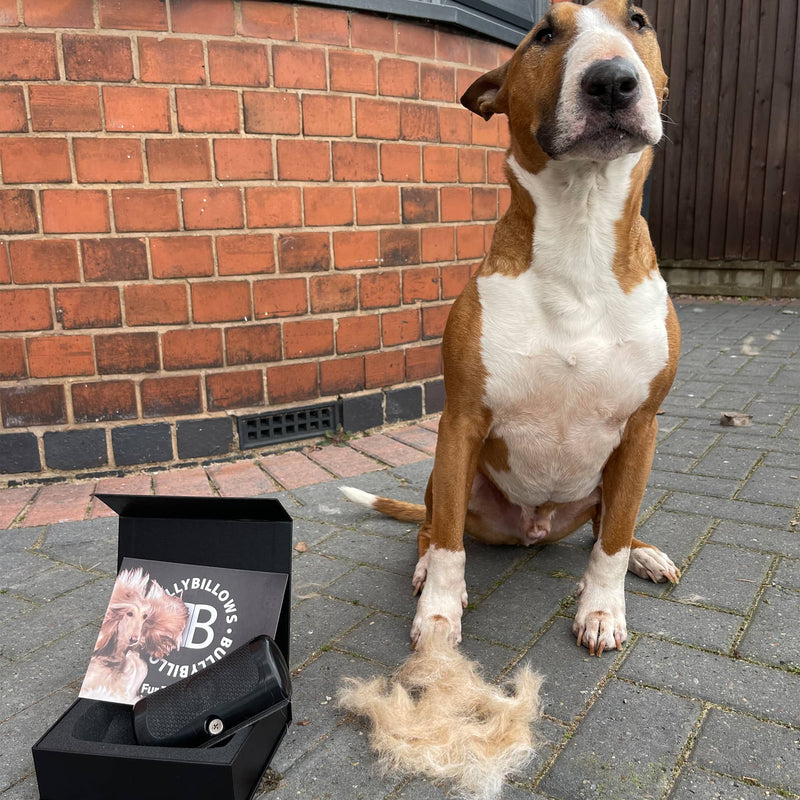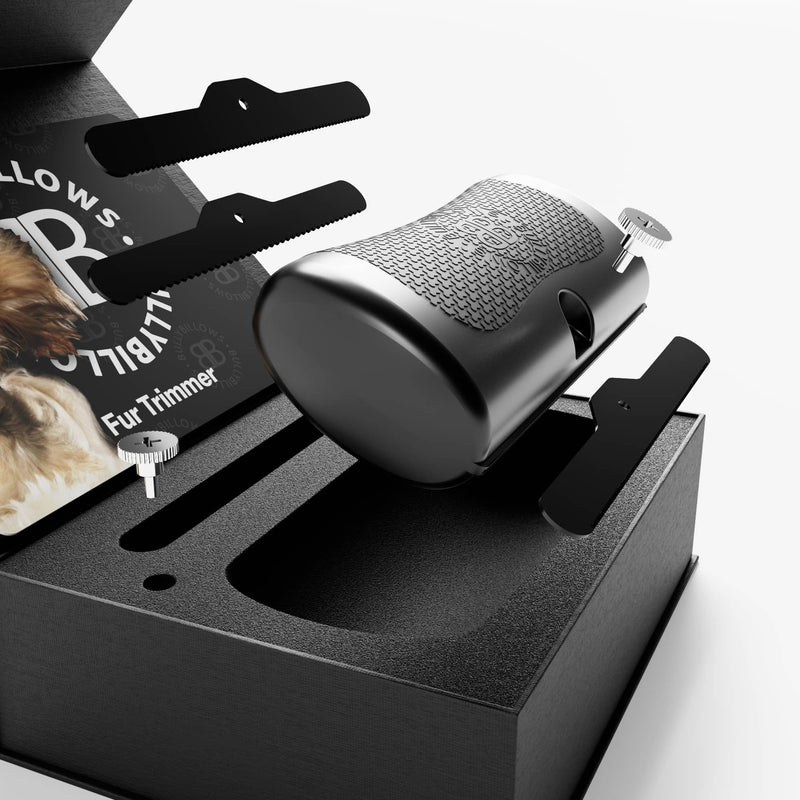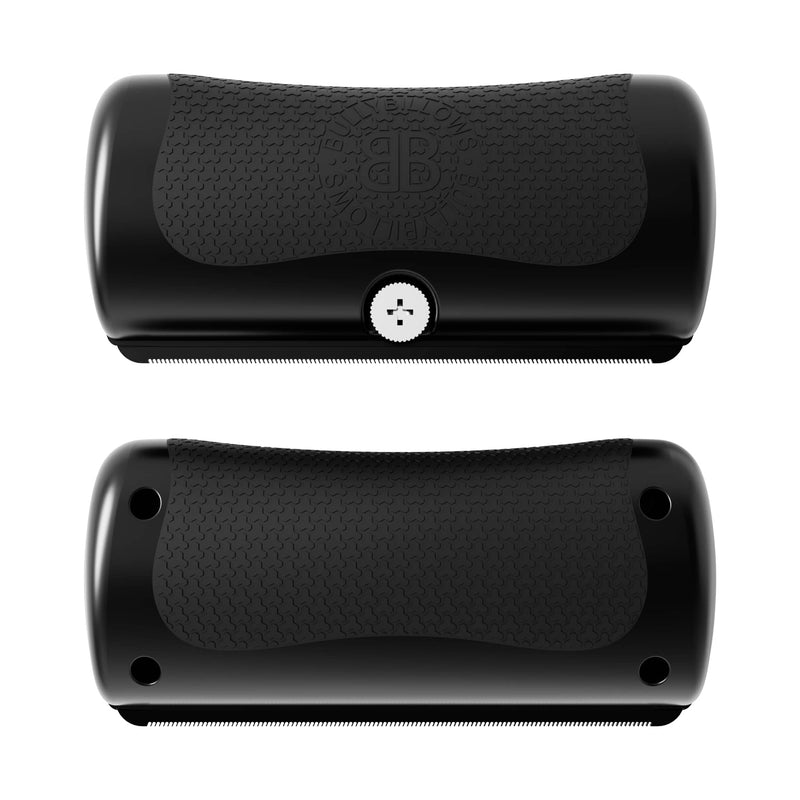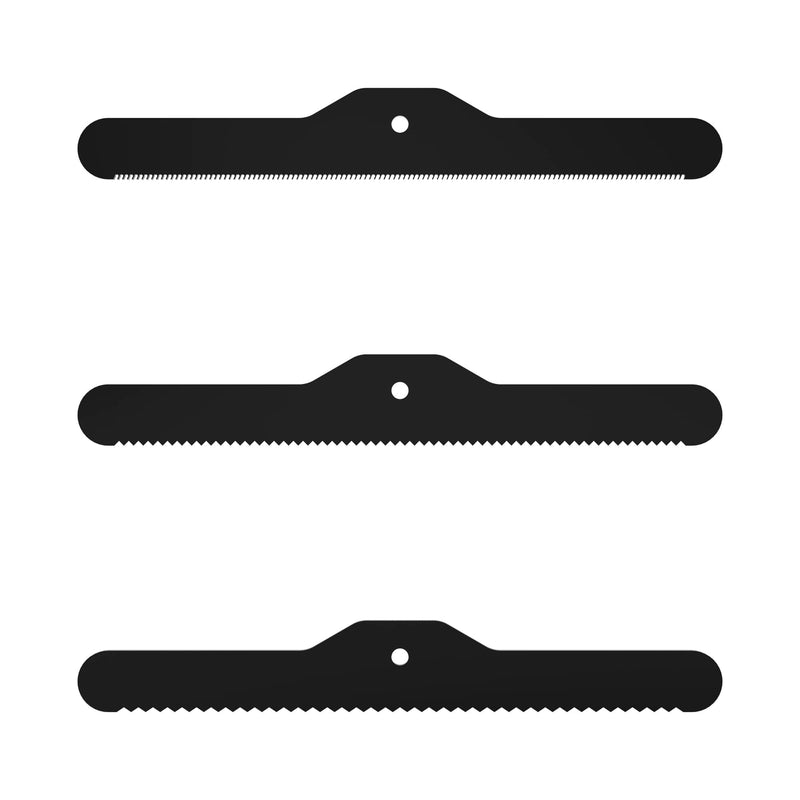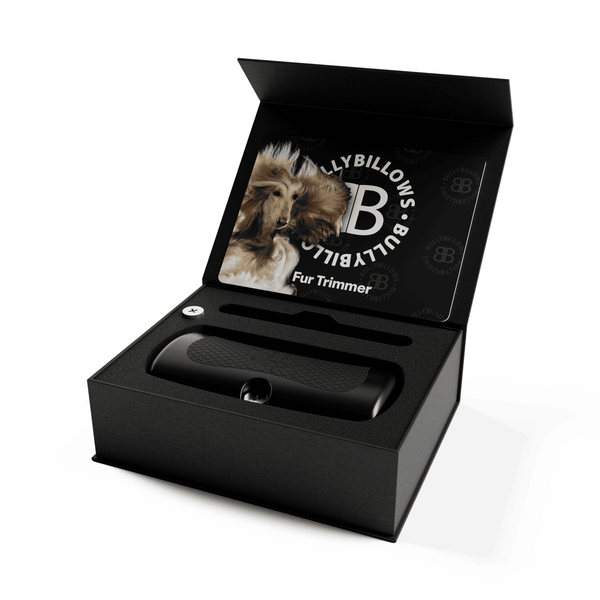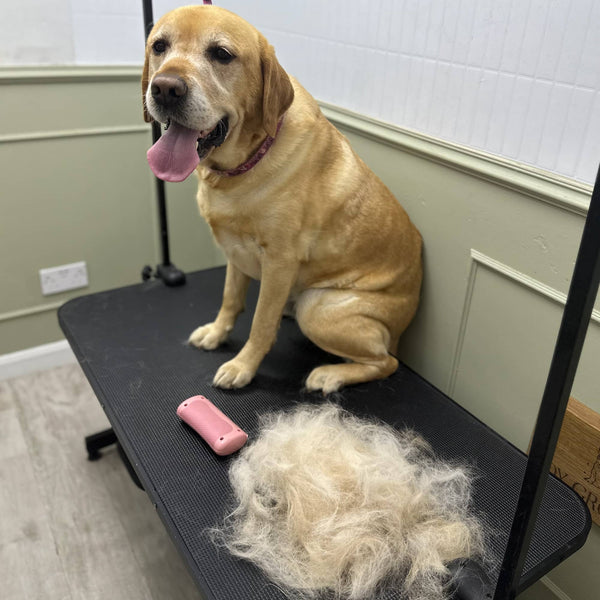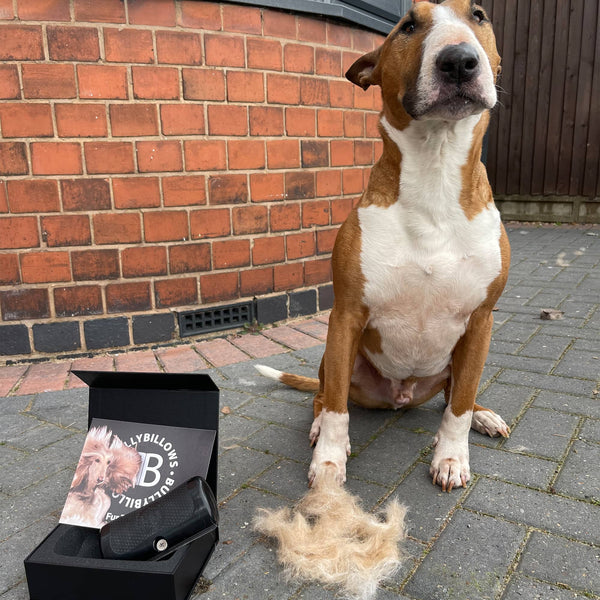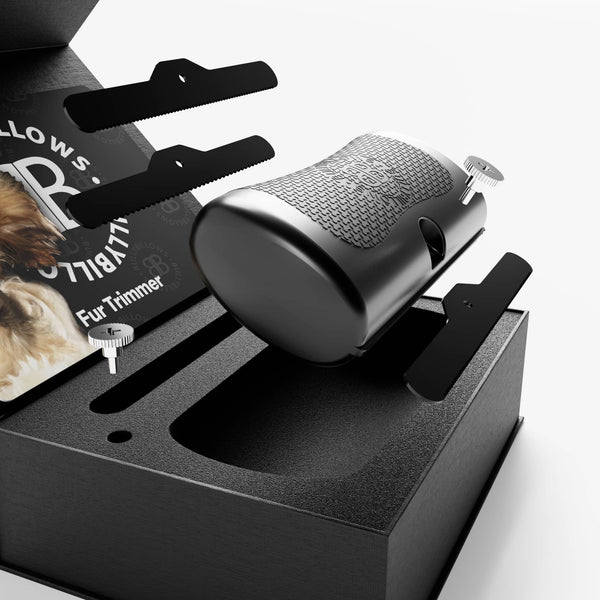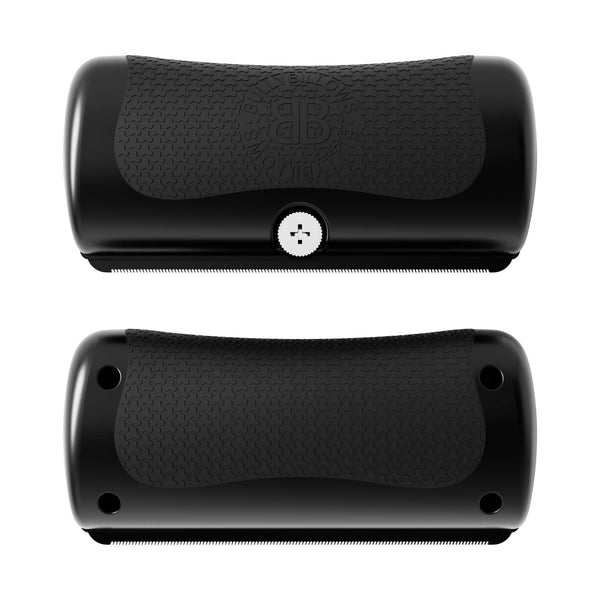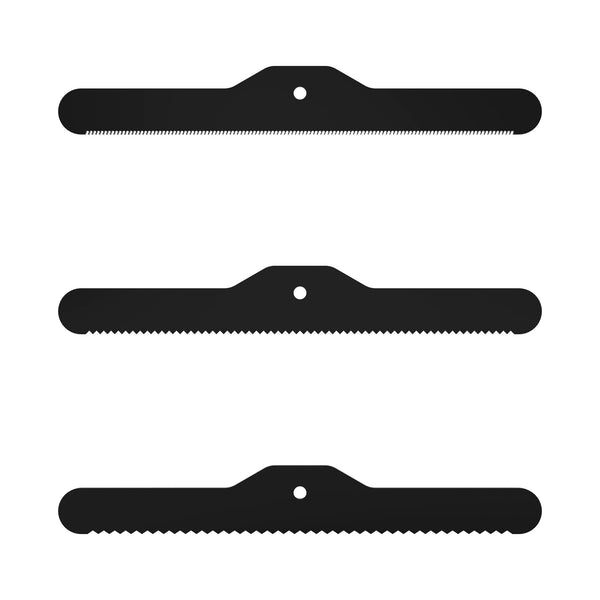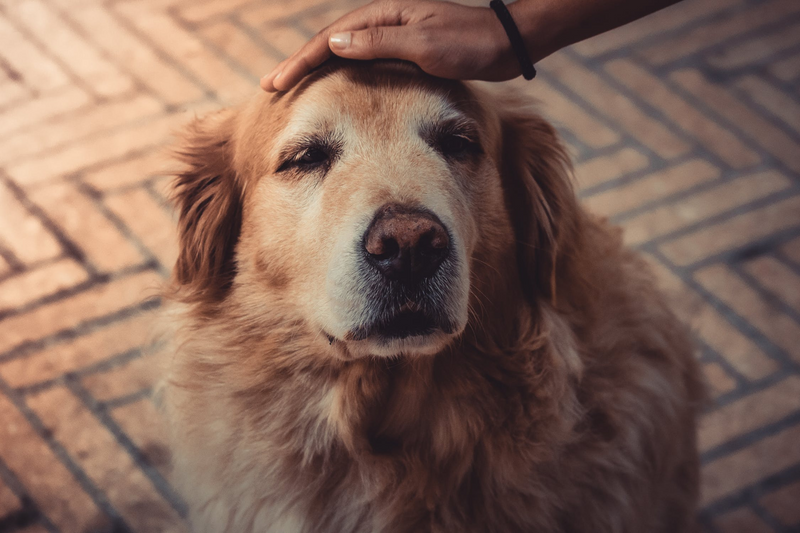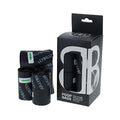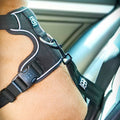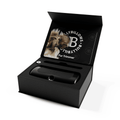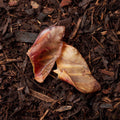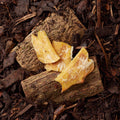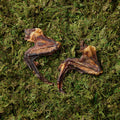Like humans, dogs also get older. We definitely want them to stay with us forever; sadly, that’s impossible.
It is hard to accept the fact that our little pup has grown into a senior dog and can’t be as healthy and active as they were in their young age. You may observe their system slowing down - low endurance while exercising, reduced mobility, personality changes, etc. Therefore, keep an eye on their health conditions to improve the quality of their life.
With age, you may find your dog feeling less excited with toys, food, and games. They may appear inattentive, confused, and less responsive too. They even urinate or defecate anywhere in the house. While most of us think of these signs of ageing, they can also be associated with serious health problems.
Different breeds grow at different rates. As your beloved dog starts entering their senior years, watch for the signs in your dog’s health. We have rounded up some common dog health problems and disorders to help you care for your senior dog properly. Give it a thorough read!
Health Issues in Grown-Up Dogs
Arthritis
Like humans, dogs can also develop arthritis when they get old. Degenerative joint disease, also called osteoarthritis, is the most common type of arthritis experienced by senior dogs. It mainly affects hips, knees, shoulders, or any other weight-bearing joints. The reason behind its occurrence is the loss of lubrication fluids, worn cartilage, and abnormal bone growth. It results in continuous pain, inflexibility, and decreased movement range.
Since osteoarthritis is progressive, it worsens with time. Although there is no cure to it, you can opt for treatments that relieve the pain and decrease the rate of progression.
Loss of Vision and Hearing
Senior dogs may experience varying degrees of deafness and blindness due to tissue degeneration in their eyes and ears. Some old dogs can also develop cataracts, a cloudy layer formation over the lens of eyes that leads to partial or complete loss of vision. However, dogs rely more on their sense of smell than their eyesight to explore things around them, so it is not a lot of trouble. Moreover, it is possible to remove cataracts surgically.
Hearing loss becomes permanent with age. Cleaning and caring for the ears of your dog regularly can help lower the progression of hearing loss.
Dementia
With age, dogs also lose their cognitive abilities, resulting in symptoms similar to Alzheimer’s in old age humans. Confusion or disorientation, forgetting and getting lost in familiar places, barking for no apparent reason, and accidental urination and defecation, all can be signs of dementia. If you notice any of these behaviours in your dog, talk to your veterinarian, as it can also be due to other conditions.
Unfortunately, like arthritis, dementia also does not have any cure, but the symptoms can be reduced with certain medication. Foods with antioxidants that promote brain functioning can also help.
Weight Gain or Loss
Some senior dogs struggle to maintain weight in old age and may need high-calorie or better palatable food. On the other hand, some senior dogs also gain excessive weight. They must follow a low-calorie dog diet.
It is not ideal for dogs to lose or gain weight in excess. Overweight dogs are more prone to diseases such as heart disease, diabetes, and arthritis.
Consult your veterinarian for the right time to switch from adult food to senior food for your dog. Learn about therapeutic diets that can help your dog manage conditions associated with ageing.
Also, get your senior dog to indulge in an age-associated exercise routine. A proper diet and exercise plan can help delay the ageing signs and increase their lifespan.
Kidney Disease
Increased or uneasy urination can indicate kidney disease. It is seen in middle-aged to old dogs. Kidney insufficiency to full kidney failure is a gradual process of developing chronic kidney disease. There is no permanent cure for kidney disease. Fortunately, it can be treated, prolonging the survival days.
An increase in thirst and urination, nausea, and loss of appetite are some common signs of kidney disease. Urinalysis and routine blood work can identify the early kidney changes.
Start with a prescription kidney diet. Dog medication and dietary changes can help with strained urination or urinary incontinence conditions. Consult the veterinarian on observing any suspecting issues.
Cancer
Unfortunately, cancer is common in senior dogs. Older dogs are, in general, prone to lumps and bumps, but not all of them are cancer-induced. Many lumps develop under the skin with age. Lipomas or fatty growth are not harmful to your beloved dog.
There are different symptoms for different cancers. Dog owners ignore the early signs considering them as simple age-associated changes. That’s why routine checkups and wellness screening with vets are essential. It diagnoses those symptoms that naked eyes can’t see. Head out for screening when you observe any strange lumps and bumps on your dog. The sooner you diagnose and begin treatment, the better are the survival chances.
Gastrointestinal Issues and Incontinence
Gastrointestinal issues can be a result of several problems in your ageing dog. It is not always a matter of concern. However, it can be an indication of kidney disease.
If vomiting or diarrhoea takes time to clear up, consult with your vet. In senior dogs, muscles controlling the bladder weaken and cause bathroom accidents. However, remember that incontinence can indicate a larger issue of urinary tract infection. They can also be a sign of dementia.
It is hard for your dog to live his senior stage of life. We cannot pause or stop the natural process. However, we can help them by taking them for regular wellness screening and check-ups for common health issues. If you manage to identify any disease in the early stage, the sufferings of your will lessen.
He is your senior pup now, you need to be extra careful!
If you need supplies for your senior dog to make them more comfortable, shop at Bully Billows. We have high-quality dog products that will make your and your dog’s life easier.


